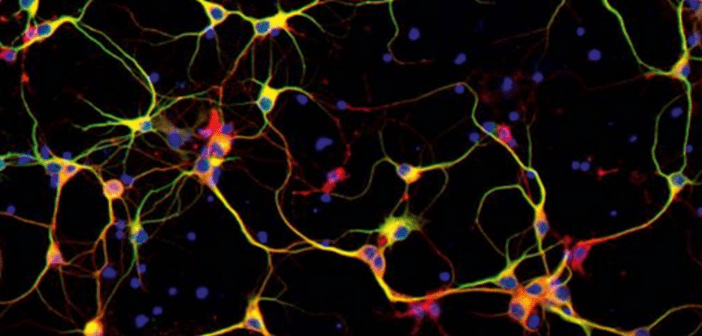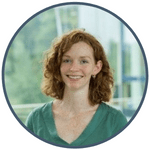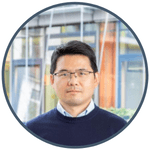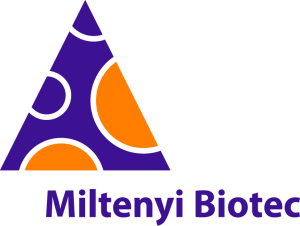Cell sorting for enrichment of neuronal subpopulations – new perspectives for clinical research

Purification of neuronal subpopulations is crucial to the investigation of cell pathology in neurodegenerative diseases. Cultures obtained from brain tissue usually contain multiple different primary neurons, interneurons and glial cells, making it difficult to identify cell type-specific effects. Cell sorting-based cell-culture methods could therefore be used to purify neuronal populations, opening research opportunities in the field of neurodegenerative diseases.
This webinar explores how cell sorting-based culture methods can be used for the enrichment of neuronal subpopulations, with the example of sorting direct and indirect pathway striatal medium spiny projection neurons for the analysis of Parkinson’s disease.
What will you learn?
- Which technologies help to preserve neuronal survival and functionality during the sorting procedure
- How to enrich neuronal subpopulations with the MACSQuant® Tyto® Cell Sorter to culture and investigate cell type specific effects in Parkinson’s disease, which may be masked in regular primary cultures
Who may this interest?
- Neuroscientists working with neurons
- Scientists investigating Parkinson’s disease
- Neuroscientists struggling with the sorting of brain cells
Panelists

Thomas Andreska
Project Manager
Parkinson’s and Dystonia in Collaborative Research Centre TRR295 (Berlin, Germany)
Thomas Andreska studied biology at the Julius-Maximilians-Universität Würzburg (Germany) from 2006–2012. Following his interest in neuroscience, he volunteered in the labs of Martin Heisenberg and Michael Sendtner in 2007 and 2008 at the same university, working on synaptic plasticity. In 2011–2012 he received an ERASMUS research fellowship and performed his Master’s thesis in the lab of Austin Smith at the University of Cambridge (UK). From 2013–2018 he performed his PhD, again in the Sendtner lab, working on new therapeutic targets for Parkinson’s disease and dystonia and continues this work currently as a Project Manager.

Elisa Nent
Global Product Manager, Neuroscience & Regenerative Medicine,
Miltenyi Biotec (Cologne, Germany)
Elisa Nent joined Miltenyi Biotec as a Global Product Manager for Neuroscience in 2020. Before this, she worked as a Postdoctoral Researcher at the Max Planck Institute for Immunobiology and Epigenetics (Freiburg, Germany), where she studied the migration of microglia. Elisa originally comes from the Bonn-Cologne area, where she also completed her studies and obtained her PhD in the field of neuroscience.

ChengJun Jin
Global Product Manager, MACSQuant Tyto & Cell Sorting,
Miltenyi Biotec (Cologne, Germany)
Chengjun Jin joined Miltenyi Biotec as a Global Product Manager for MACSQuant Tyto Cell Sorter in 2020. In 2017 he finished his PhD at the Institute of Nutritional Sciences at the Friedrich-Schiller-Universität (Jena, Germany) with topics of fatty liver diseases. After this, he took a postdoc position at the Department of Gastroenterology and Hepatology at the University Hospital Düsseldorf (Germany).
This webinar was recorded on Thursday 30th June 2022
